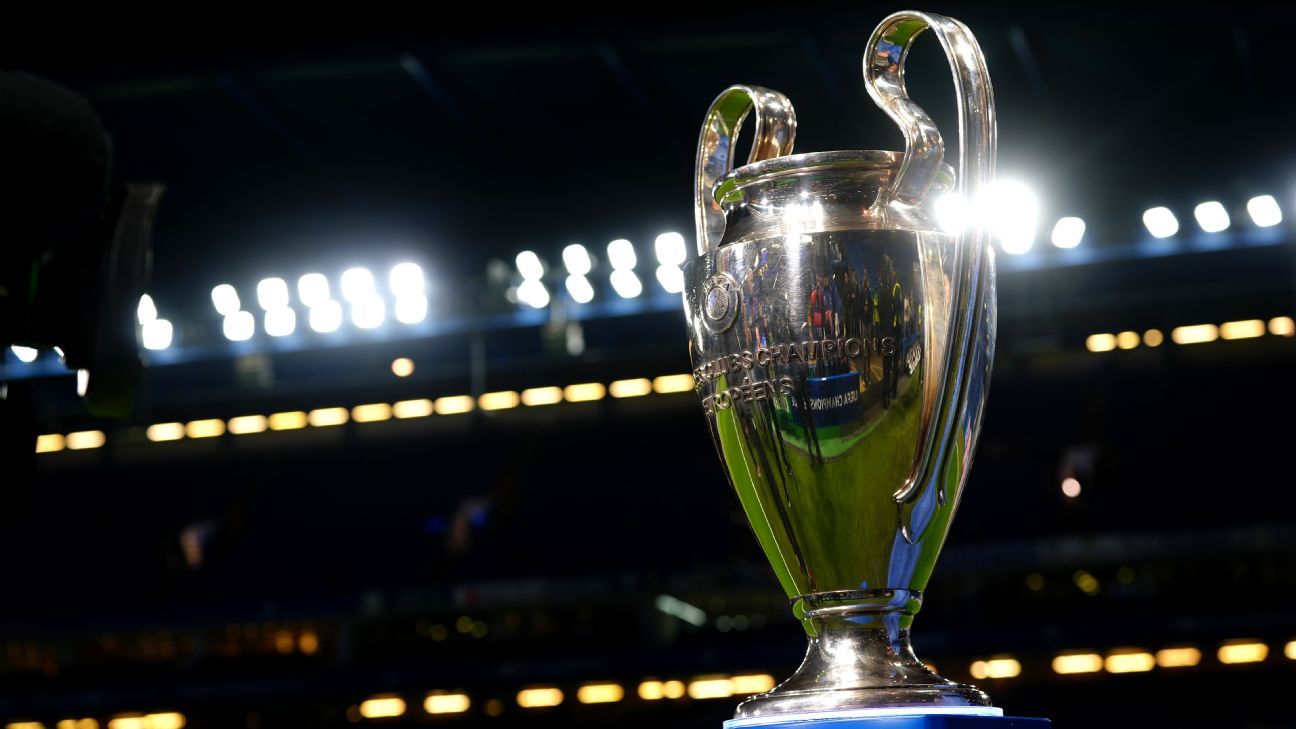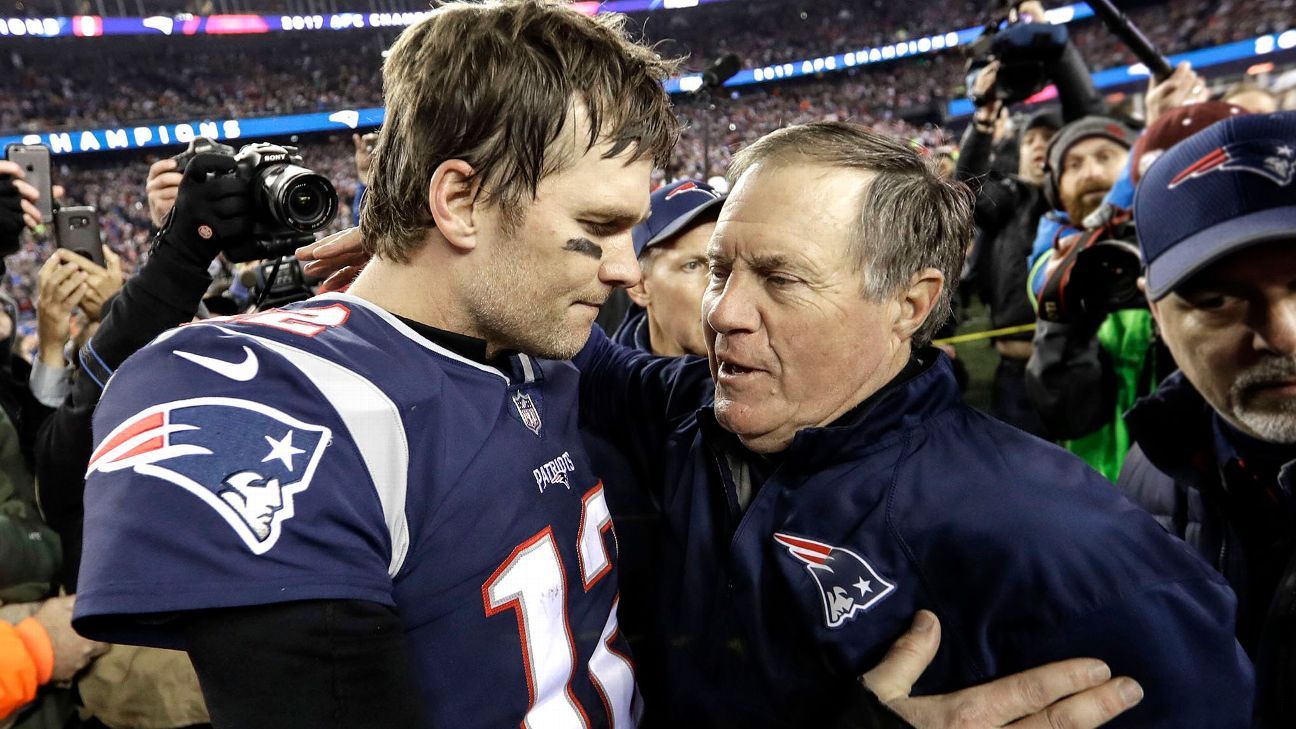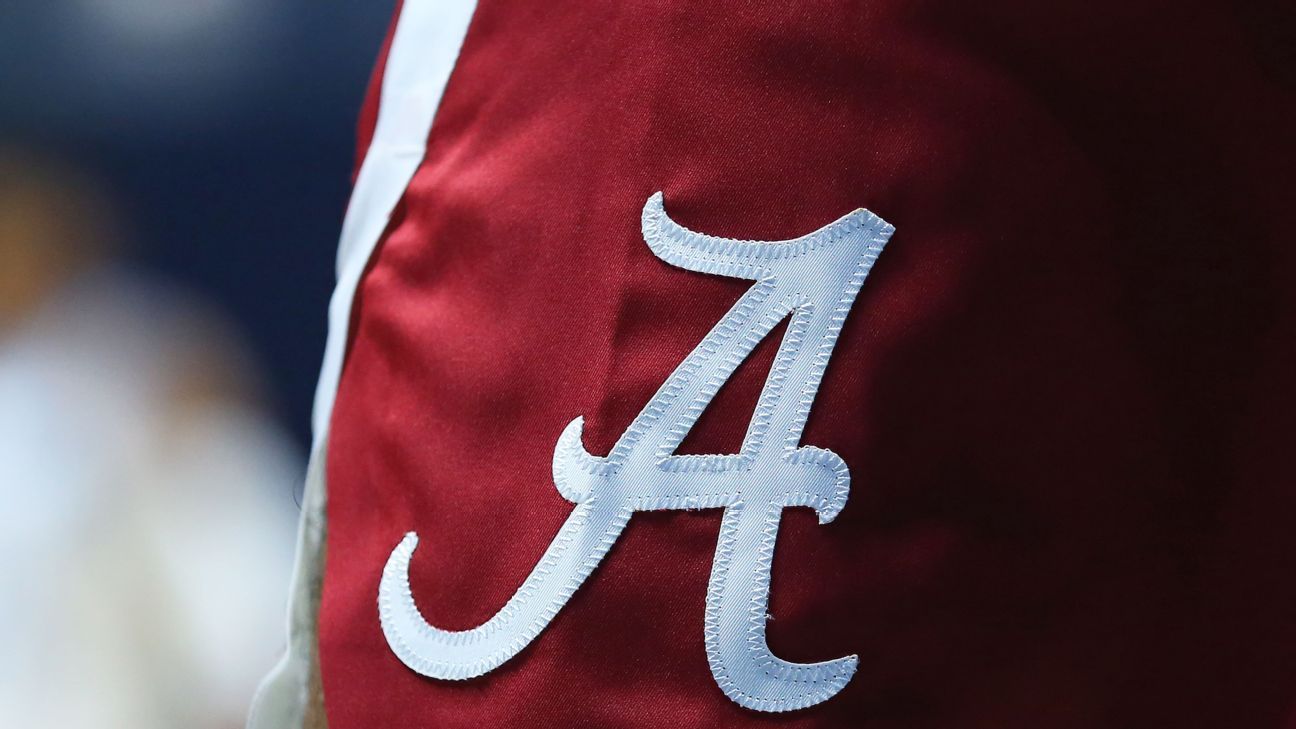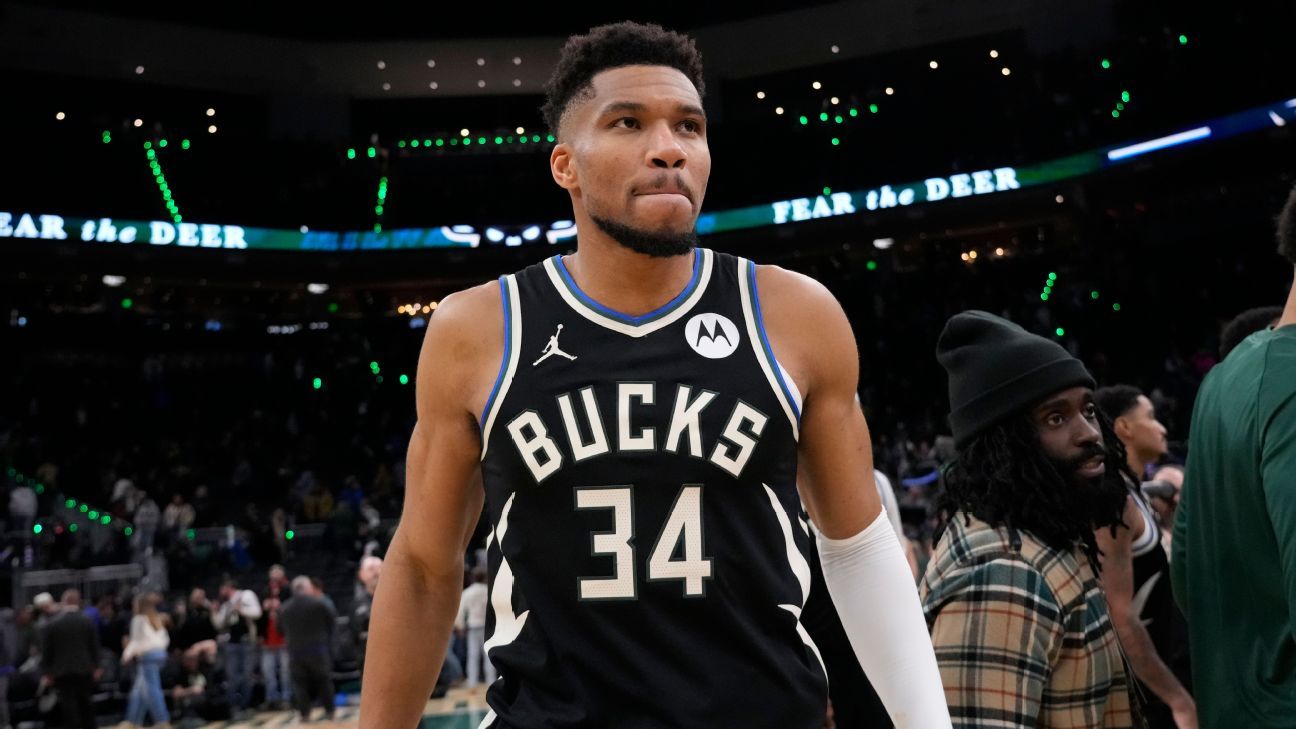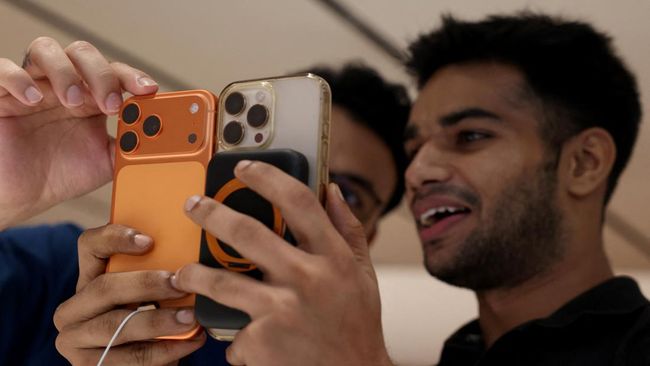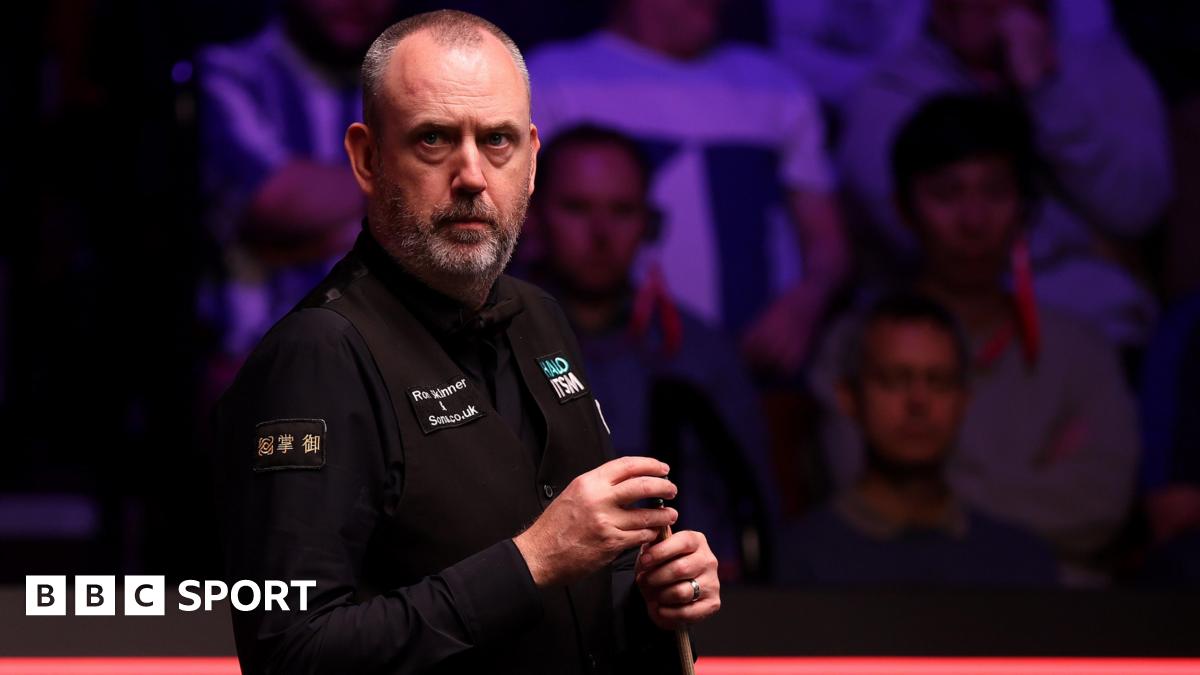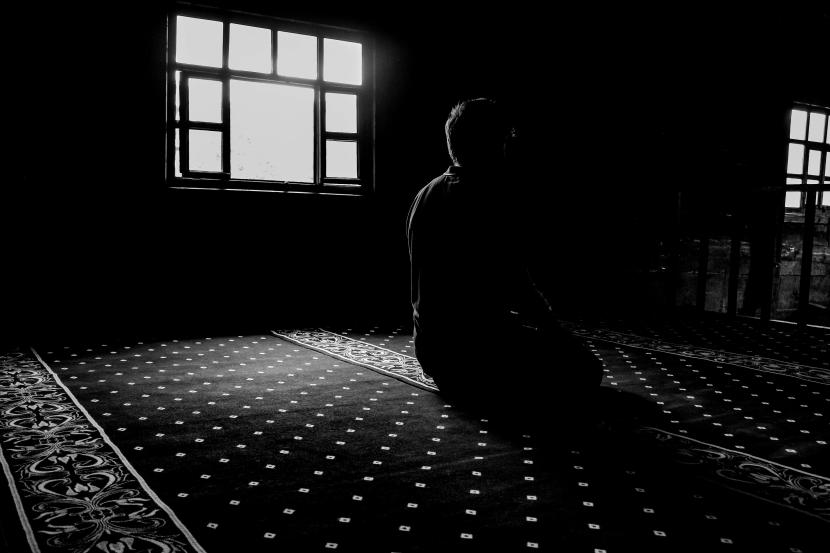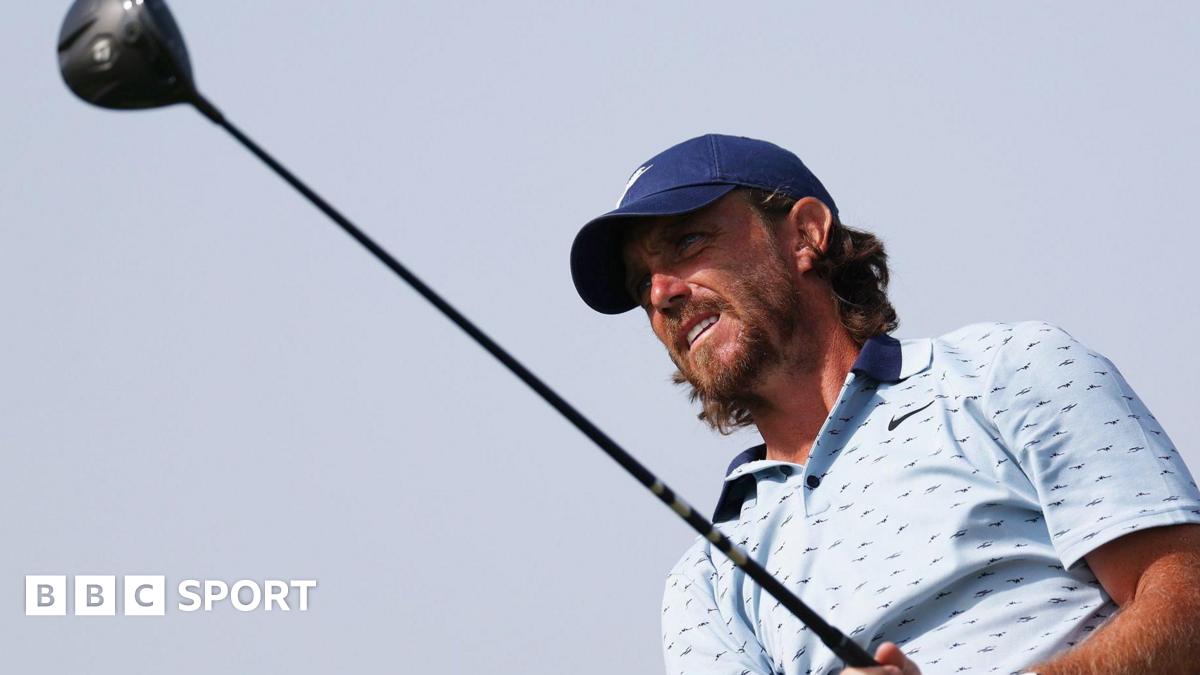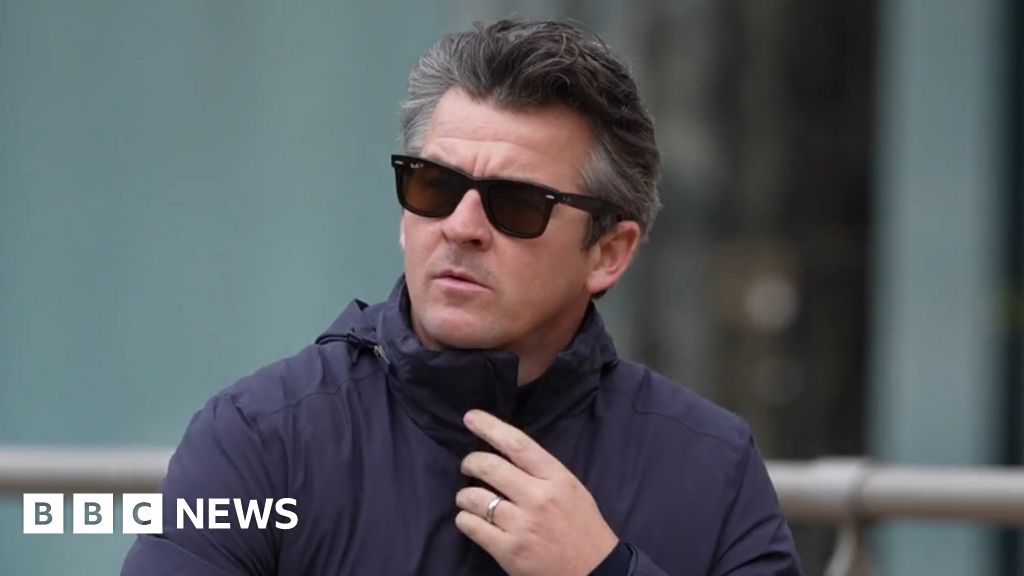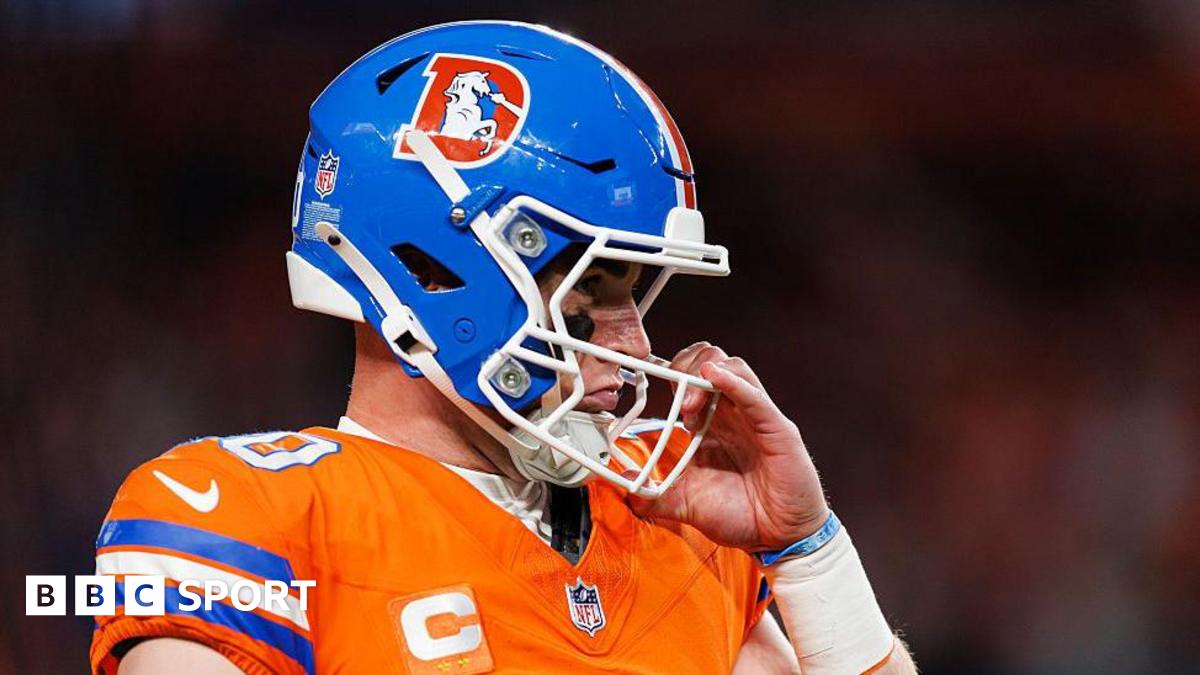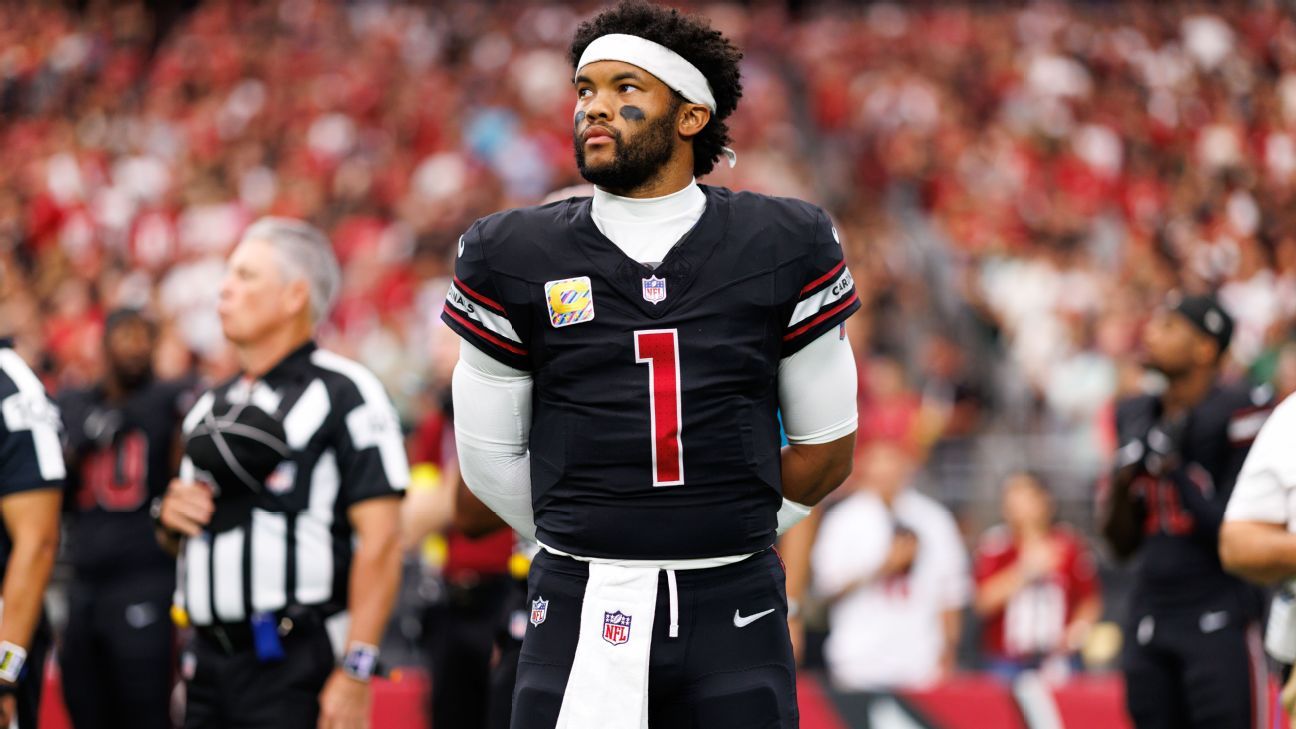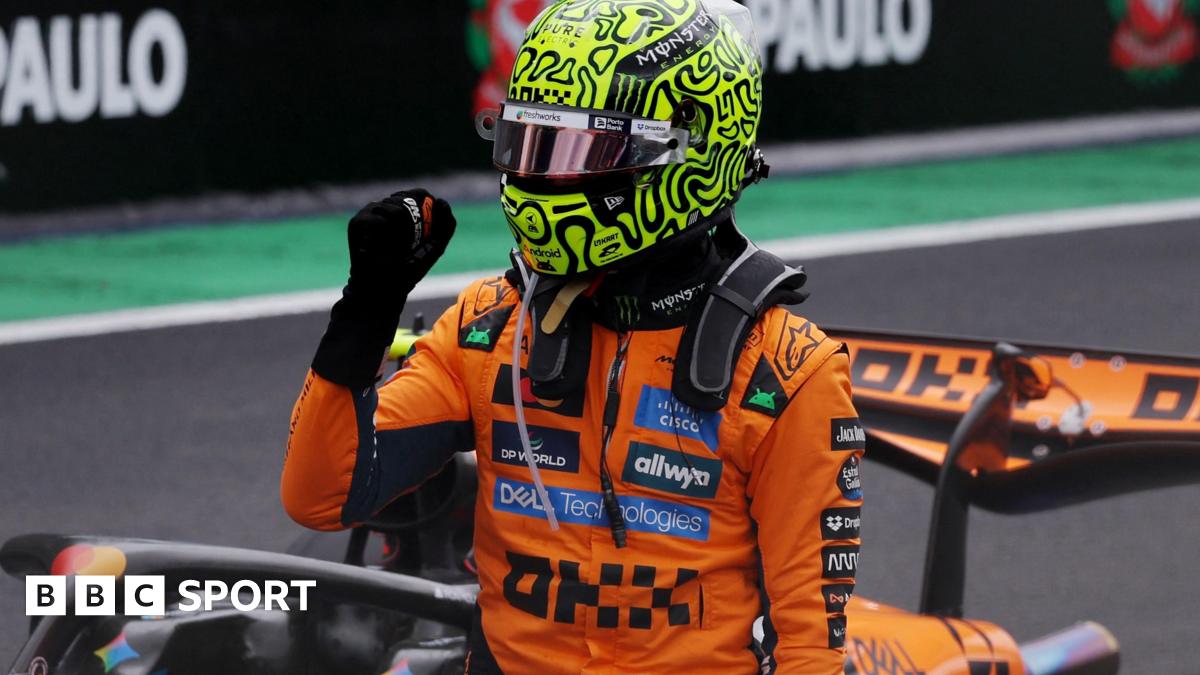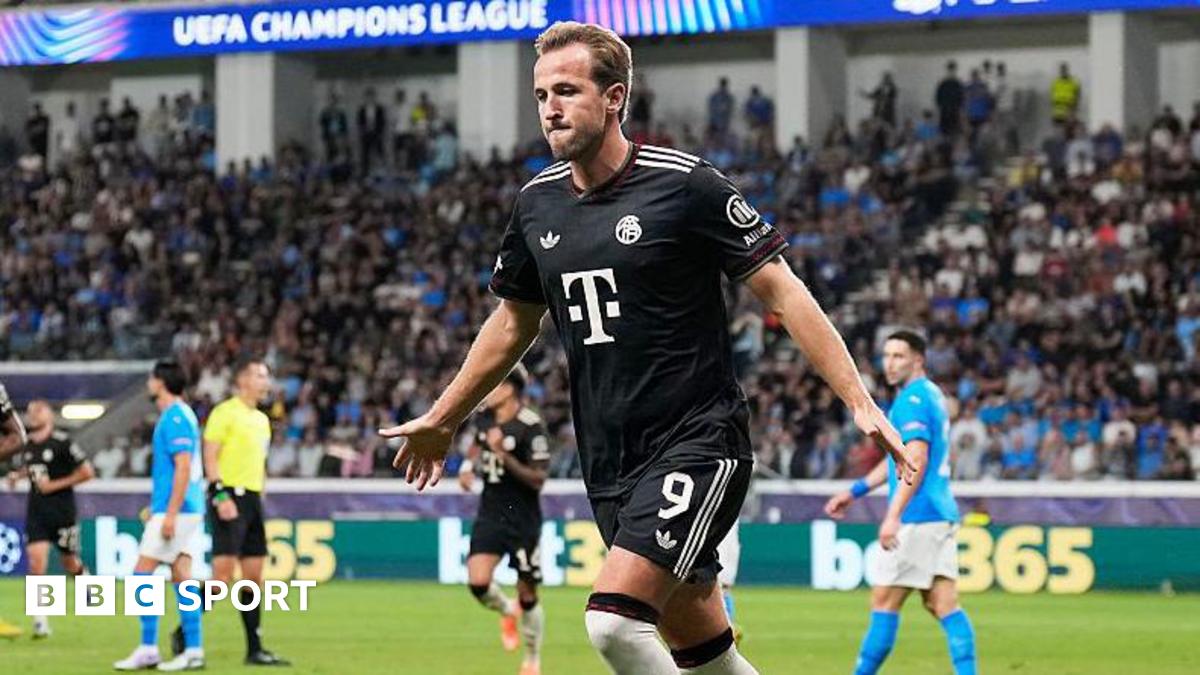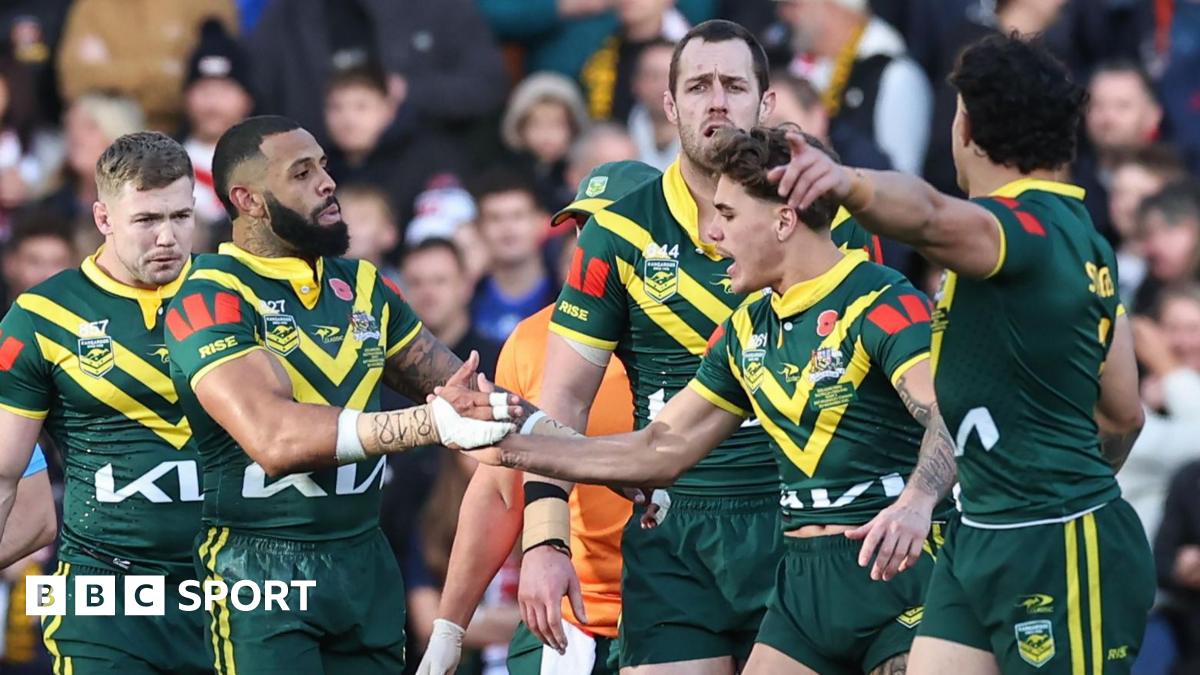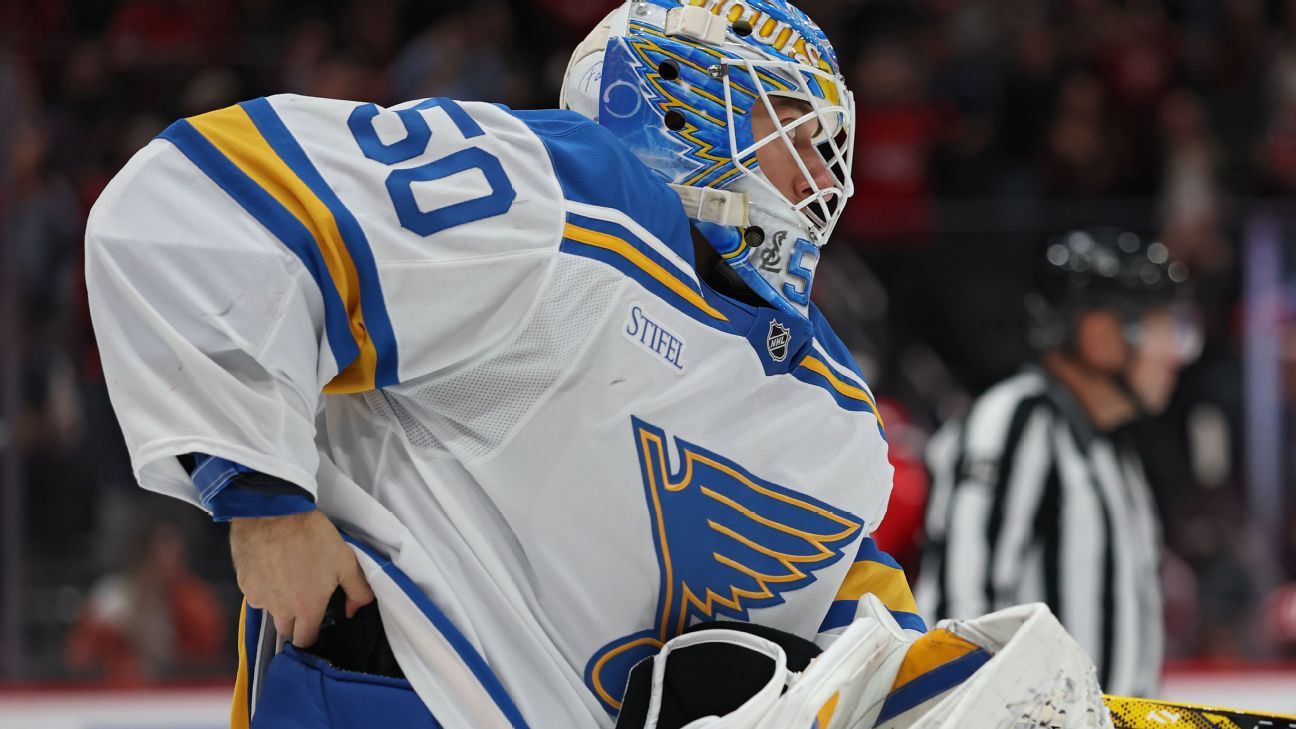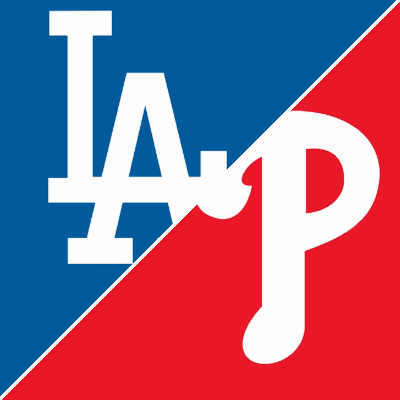
David PurdumOct 17, 2025, 09:35 AM ET
- Joined ESPN in 2014
- Journalist covering gambling industry since 2008
Sportsbooks flagged dozens of suspicious bets made by gamblers repeatedly wagering against the same small-conference teams in at least 11 men's college basketball games over six weeks last season, documents obtained by ESPN show.
As the NCAA and federal authorities investigate alleged point-shaving in college basketball, the documents reveal new details about the behavior of an alleged gambling syndicate and the games suspected members targeted between Dec. 1, 2024, and mid-January 2025. ESPN obtained the documents in a public records request.
At least nine sportsbooks in 13 states and one Canadian province detected similar unusual betting activity, according to an email sent by IC360, a firm that monitors the betting market for abnormalities. The gamblers kept betting big against the same teams and winning.
In some cases, customers opened new sportsbook accounts or reemerged after weeks of inactivity to place larger-than-normal or multiple consecutive wagers on the first-half spreads of games, the records show.
Sportsbooks reported seeing similar betting activity on first-half spreads in the 2023-24 college basketball season and believed these bets were connected to the same gambling syndicate, according to the records and a source with direct knowledge.
One sportsbook wrote in the documents that several bettors had potential links to the syndicate and referenced Marves Fairley, a Mississippi man who sells betting picks online, as "the main syndicate suspect." When reached by ESPN, Fairley denied any involvement.
Multiple sources familiar with the federal investigation by the U.S. Attorney's Office for the Eastern District of Pennsylvania told ESPN that the FBI has been interviewing college athletes and believe indictments are forthcoming. The sources said they have seen evidence of plots to fix college basketball games. ESPN received an automated message from the U.S. Attorney's Office, citing a delay in responses due to the government shutdown.
It is not clear if the syndicate is behind all the suspicious bets flagged in the documents, but the games mentioned involve five of the six schools where the NCAA says 13 former players are under investigation for participating in gambling schemes: Eastern Michigan, Temple, New Orleans, North Carolina A&T and Mississippi Valley State.
The first alert issued in this period, however, named a program that the NCAA has not mentioned -- Stony Brook. On Dec. 1, 2024, IC360 received a report from a sportsbook about unusual betting interest on Norfolk State to cover the first-half spread against Stony Brook, the documents show.
A betting account that had been "relatively dormant" placed nine $300 bets on Norfolk State to cover the first-half spread, one sportsbook said. At another sportsbook, customers opened new betting accounts to make their first wagers for "excessive amounts" on Norfolk State, according to the documents. Additionally, betting accounts that the sportsbook believed were linked to each other continued to bet on Norfolk State, even after the line had moved to a less advantageous number. The sportsbook halted wagering on the game, the records show. Norfolk State led 34-27 at halftime, covering the spread.
A spokesperson for Stony Brook declined comment. The NCAA is aware of the suspicious betting against Stony Brook, according to a source with direct knowledge.
Three weeks after the Norfolk State-Stony Brook game, a group of bettors arrived at Harrah's Gulf Coast casino in Biloxi, Mississippi, on Dec. 21, 2024, with tens of thousands of dollars. In a span of 45 minutes, the bettors placed a series of large bets on two games: $2,500 and $1,700 on Tulsa to cover the 26-point spread against Mississippi Valley State, according to the records. Some of the bettors attempted to wager $20,000 on Tulsa but were denied. They also bet $4,000, $3,500 and $2,200 on Wright State to cover the spread in the first half against Eastern Michigan, the records show. All the bets were easy winners.
"At this time, there is belief of a potential tie between these bettors, and bettors who placed suspicious wagers on First Half markets in flagged games last season," an incident report from IC360 the next day read.
One customer who bet on Wright State had also wagered on a Temple game the previous season that was flagged for suspicious betting, according to the documents. ESPN previously reported that a former Temple player is under federal investigation for allegedly betting on his own games and manipulating his performance.
After an internal investigation, Caesars Entertainment, the parent company of Harrah's Gulf Coast, found that several of the bettors knew each other or suspected members of the syndicate, according to the records. Two of them worked at the same company. Another would be arrested two days later in Mobile, Alabama, on drug and money-laundering charges. Federal authorities described him in court records as a "prolific and successful" interstate drug trafficker who had gambled more than $10 million over four years in casinos in Mississippi and Nevada. He pleaded guilty and is currently in prison.
A Caesars representative also wrote in a report that Fairley, whom the sportsbook called "the main syndicate suspect," had previously placed suspicious wagers at Harrah's Gulf Coast and had been banned from betting companywide.
Fairley, who has not been charged with a crime, denied any involvement in point-shaving schemes when reached by phone Wednesday. He denied betting on the college games in question. Asked if he was in a gambling syndicate, he said, "I sell picks." He said he has not spoken to federal authorities and only vaguely knew of the investigation through one of his attorneys.
"Once this thing comes out and we can talk, man, and get all this behind us, whatever is going on, whatever the suspicion may be, just try to figure it out," Fairley told ESPN.
Fairley told ESPN that he knows Shane Hennen, one of the co-conspirators in the federal gambling case of former Toronto Raptors player Jontay Porter, who has admitted in court to manipulating his performances in two games for betting purposes. Prosecutors from the U.S. Attorney's Office in the Eastern District of New York allege that Hennen received inside information about Porter, distributed the tips to other gamblers and placed bets through proxies.
Hennen was involved in "illicit financial transactions and fraudulent sports wagers totaling millions of dollars" using "a network of proxies and straw bettors located across the country," a prosecutor wrote in a court filing in January. He was arrested that month while attempting to board an international flight and is currently negotiating a plea, court filings show.
Hennen's attorney did not respond to a request for comment from ESPN. A spokesperson for the Eastern District of New York declined comment.
Both Hennen and Fairley have extensive criminal records. In 2016, Fairley told a Mississippi Bureau of Narcotics agent that he "liked to gamble and obtained the largest portion of his money and assets from his role as a Bookie," according to a court record.
ESPN previously reported that some of the same gambling accounts that bet on Porter also wagered on prop bets for veteran NBA guard Terry Rozier and against North Carolina A&T, Mississippi Valley State and Eastern Michigan. Fairley denied betting on either Porter or Rozier in the games in question.
In June, ESPN reported that the U.S. Attorney's Office from the Porter case is investigating gambling allegations against NBA free agent Malik Beasley. Attorneys for Beasley and Rozier have said their clients are not targets of the federal investigation.
In January, the suspicious wagering continued, this time against North Carolina A&T, the records show. In Mississippi, a BetMGM customer placed two big wagers on Elon to cover the spread in the first half of a Jan. 2 game against North Carolina A&T: a $1,200 bet on Elon to cover the 3.5-point first-half spread and a $5,000 two-leg parlay on Elon -3.5 in the first half and Tennessee State -2.5. The bettor cashed out the parlay at 9:25 p.m. ET for $5,300 after Elon covered the first-half spread while Tennessee State was trailing, according to the records. The user had only one previous wager close to that size, BetMGM noted.
Gamblers also targeted Eastern Michigan, beginning with the Wright State game in December. On Jan. 7, 2025, a bettor tried to place a $10,000 wager on Toledo to cover the first-half spread against Eastern Michigan at the Fitz Casino and Hotel in northern Mississippi, according to the documents. The book allowed him to wager only $5,000, which paid out $9,348. He then went to the nearby Gold Strike Casino to make a $9,000 bet against Eastern Michigan, records show.
On the other side of the state, at the Beau Rivage Casino in Biloxi, two customers wagered $12,000 against Eastern Michigan on the first-half spread and a third put down $10,000, according to the documents. Toledo finished the first half up 46-33, covering the spread.
IC360 sent out a third alert involving an Eastern Michigan game on Jan. 14. Bettors again wagered against Eastern Michigan covering the first-half spread against Central Michigan, according to a copy of the alert obtained by ESPN. Central Michigan finished the first half up 39-33.
The records show gamblers also bet against New Orleans in four games: McNeese State on Dec. 28, Vanderbilt on Dec. 30, Texas A&M-Corpus Christi on Jan. 6 and Southeastern Louisiana on Jan. 11. Four New Orleans players were suspended from the team in late January, reportedly for alleged gambling violations.
In Mississippi, a BetMGM customer placed three wagers totaling $2,750 on McNeese State to cover the spread against New Orleans, according to the records. Previously, the patron had very few wagers on college basketball and was observed significantly raising his bet amount multiple times on McNeese State to cover, wagering $250 then $1,000 and $1,500, a BetMGM representative wrote.
"In all cases we have seen betting either from individuals that placed bets in matches already raised, or a similar pattern from new customers in the same geographical area -- mostly in retail sportsbooks," FanDuel wrote, noting similar betting against Mississippi Valley State in a game against Alabama A&M.
With the college basketball season just weeks away, the NCAA called on sportsbooks and regulators to help prevent more cases from arising. Tim Buckley, NCAA senior vice president for external affairs, said in a statement to ESPN that the NCAA hopes more states will outlaw prop bets and shut down black market sites.
"Protecting the integrity of the game and preventing student-athletes from making bad decisions is a massive undertaking and requires athlete education, collaboration between sportsbooks, regulators and sports leagues," he said.
An IC360 spokesperson said in a statement to ESPN that the ability to spot suspicious activity is a benefit of a maturing regulated betting market.
"Although the underlying suspicious activity is, of course, concerning, we are proud to be a part of a group of invested stakeholders diligently collaborating to combat bad actors in sport," the spokesperson said, adding, "We're optimistic these efforts will yield positive results as we approach college basketball season."
The 2025-26 college basketball season tips off Nov. 3.
ESPN researcher John Mastroberardino and reporter Shwetha Surendran contributed to this report.


